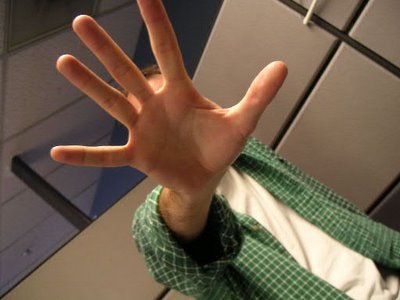...For the first time in all of time men have seen the earth: seen it not as continents or oceans from the little distance of a hundred miles or two or three, but seen it from the the depth of space; seen it whole and round and beautiful and small as even Dante -- that "first imagination of Christendom" -- had never dreamed of seeing it; as the Twentieth Century philosophers of absurdity and despair were incapable of guessing that it might be seen. And seeing it so, one question came in the minds of those who looked at it. "Is it inhabited?" they said to each other and laughed -- and then they did not laugh. What came to their minds a hundred thousand miles and more into space -- "half way to the moon" they put it -- what came to their minds was the life on that little, lonely, floating planet: that tiny raft in the enormous, empty night. "It is inhabited."
The medieval notion of the earth put man at the center of everything. The nuclear notion of the earth put him nowhere -- beyond the range of reason even -- lost in the absurdity and war. This latest notion may have other consequences. Formed as it was in the minds of heroic voyagers who were also men, it may remake our image of mankind. No longer that preposterous figure at the center, no longer that degraded and degrading victim off at the margins of reality and blind to blood, man may at last become himself.
To see the earth as it truly is, small and blue and beautiful in that eternal silence where it floats, is to see ourselves as riders on the earth together, brothers on that bright loveliness in the eternal cold -- brothers who know now they are truly brothers.
-- Archibald MacLeish
December 25, 1968
New York Times
Happy Earth Day.
December 25, 1968
New York Times


0 Comments:
Post a Comment